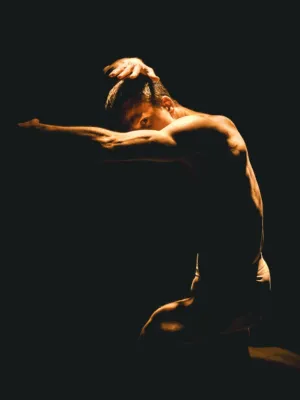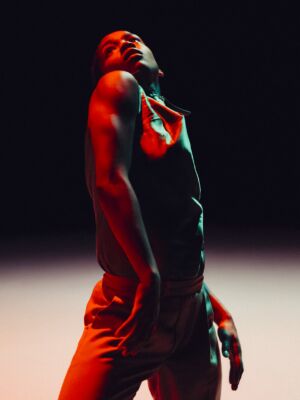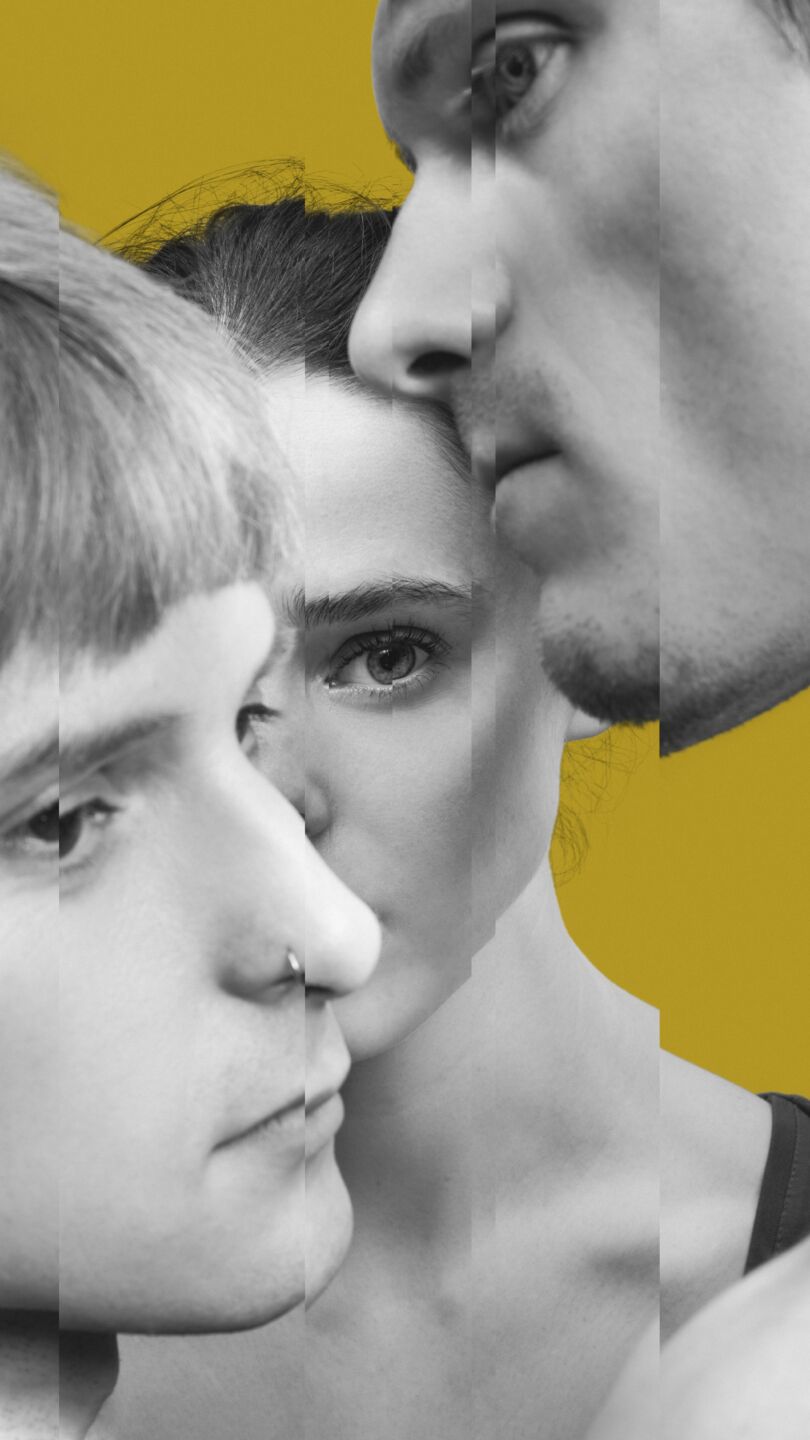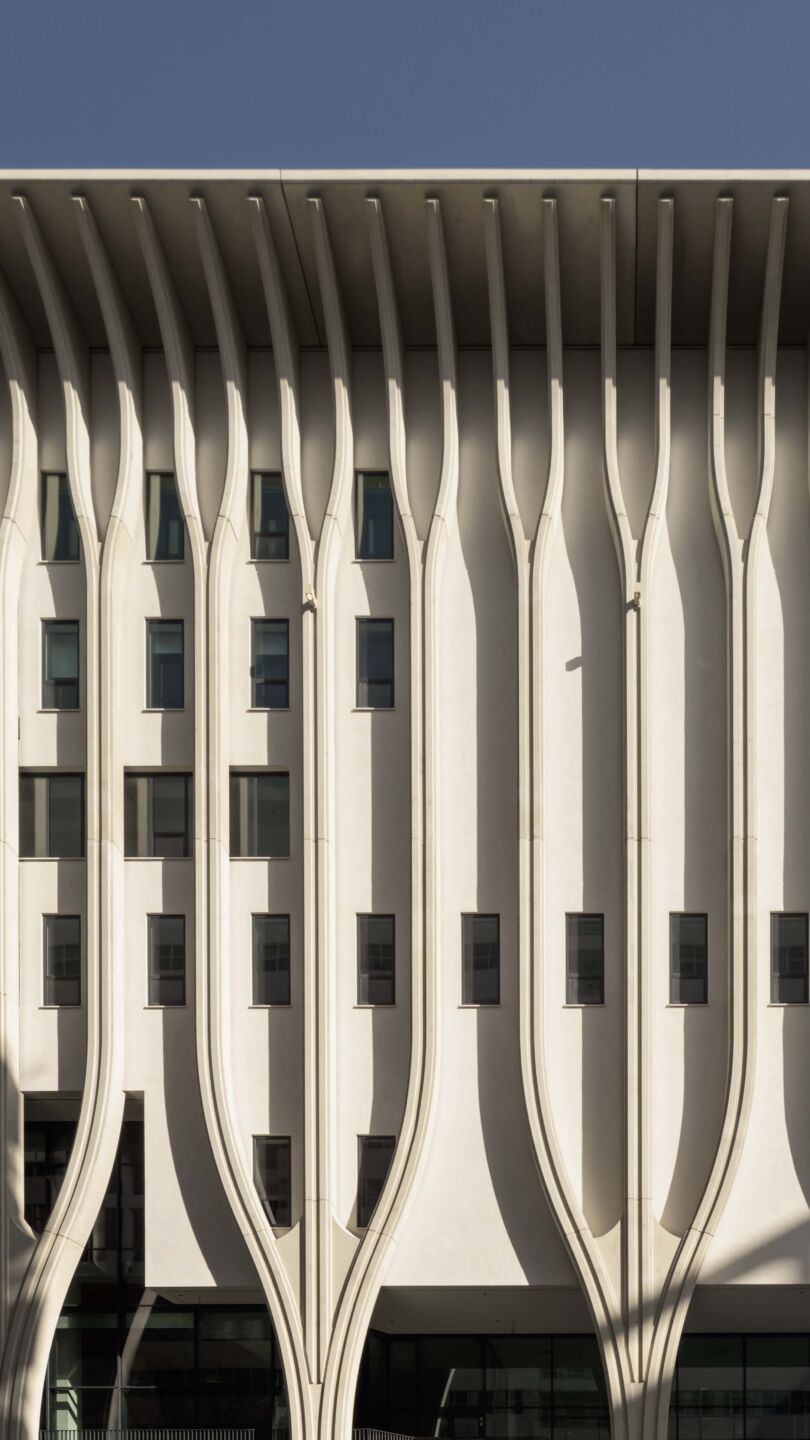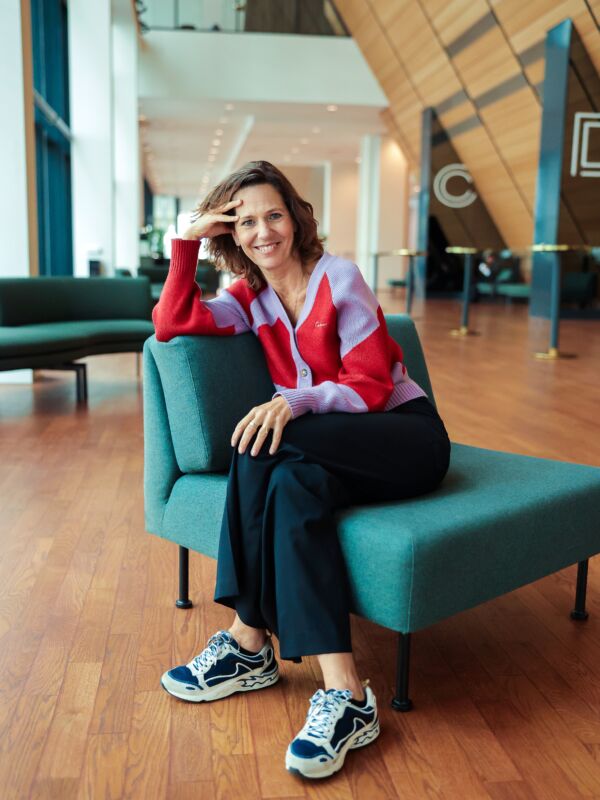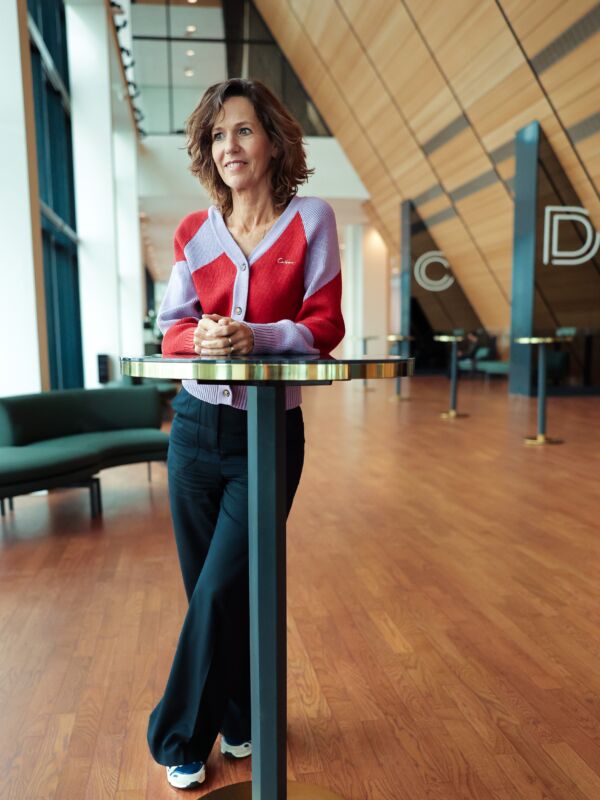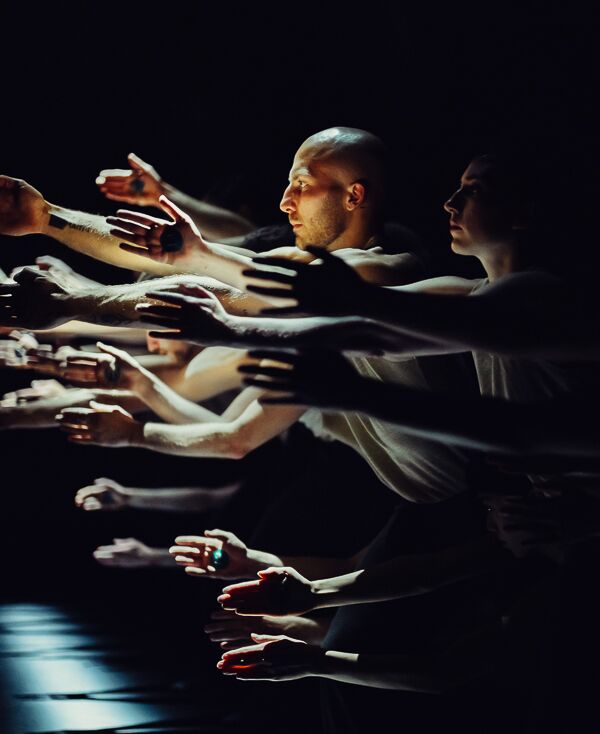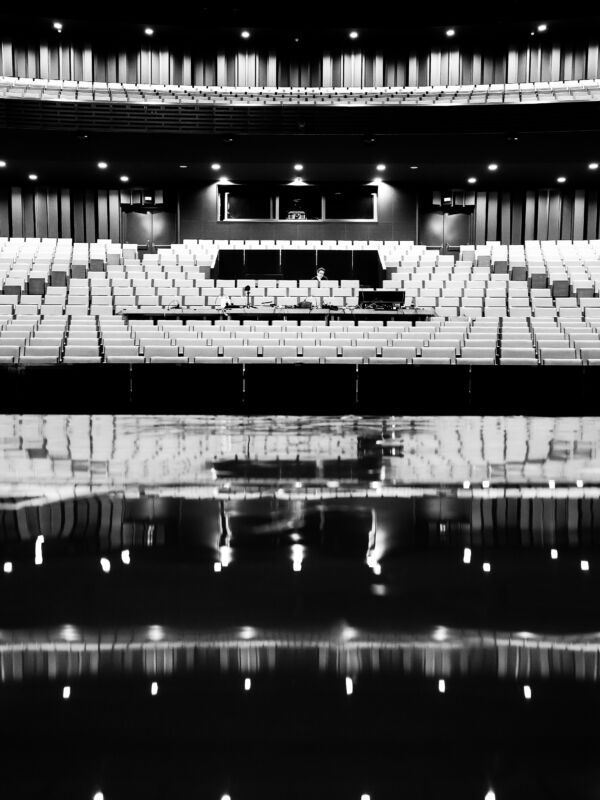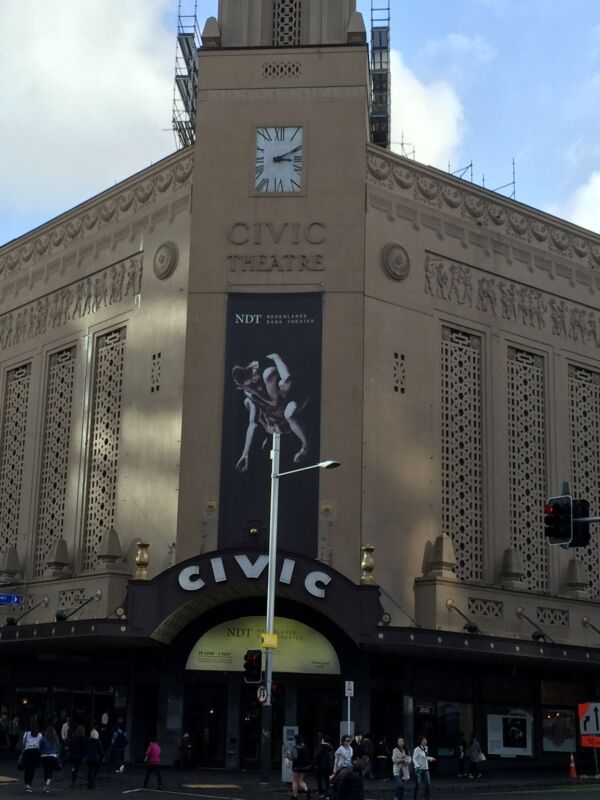A year after Willemijn Maas, the new Artistic Director Emily Molnar took office. Together they renewed NDT’s mission and vision for the longer term. “From our vision Connecting everyone everywhere through dance, we want to make NDT more open. We want to be accessible and approachable, showing not only the perfect picture but include the back stories that tell what it takes to get to this point. Alongside the six annual programmes that we present in theaters, we develop ideas about how to reach as many (young) people as possible in all kinds of places outside the theater space
“By developing additional networks, you could say we have come out of our ivory tower. First and foremost, we want people of all ages to experience dance and the impact that this artform can make. However, we also want to make a social impact with our performances as well as with our extensive Talent Development & Education programme. This includes the impact on our audience, on professional young dancers from all over the world, our NDT dancers, amateur dancers and children’s education. We actively try to reach young people in neighborhoods throughout The Hague, and in ASCs. We collaborate with the dance school of the Royal Conservatoire in Amare and during our NDT Summer Intensive we bring in talented young dancers from all over the world that are supported through funds, thereby ensuring it is financially feasible for everyone. Collaboration with other disciplines is also very rewarding. We do that in many ways within productions, by organizing workshops for the dancers and with our NDT Lab. Here, research and experimentation are the central focus. For example, we search for new dance languages in collaboration with other art disciplines and with scientists. Another special project is Switch. Once a year the dancers provide a full evening program in which they literally do everything themselves: the choreography, the performance, and the marketing. They are given a budget and have to manage the finances themselves. That is quite a challenge, but it also gives them new insights. The proceeds from that evening go to a charity chosen by the dancers.”
“We believe it is important for everyone to feel safe and seen at NDT. That’s why diversity and inclusion has been added as an important value. In our hiring policy for dancers, diversity is relatively easy to achieve, for other positions it is more difficult, also because, generally speaking, it’s been hard to find staff. We are really catching up and are recognizing our own blind spots. We created a set of Golden Rules together with a group of employees, to ensure were formulated from the bottom-up. With the appointment of Prince Credell, who until recently danced with NDT 1, we now also have a policy officer specifically assigned to diversity and inclusion, which is very valuable.”
